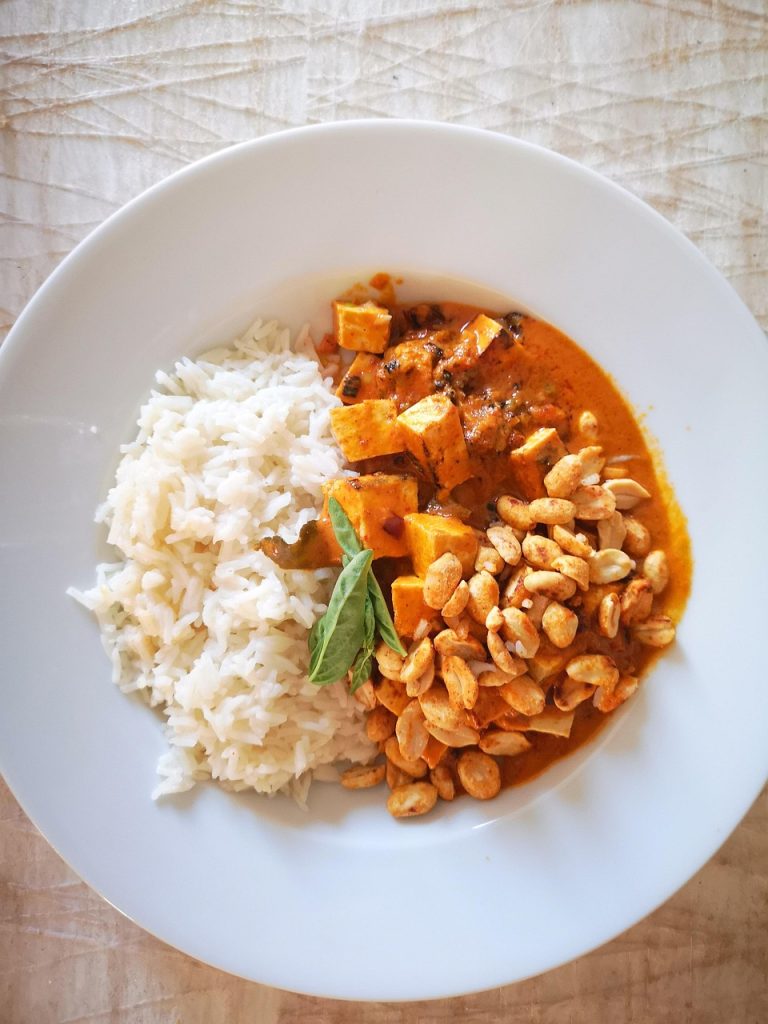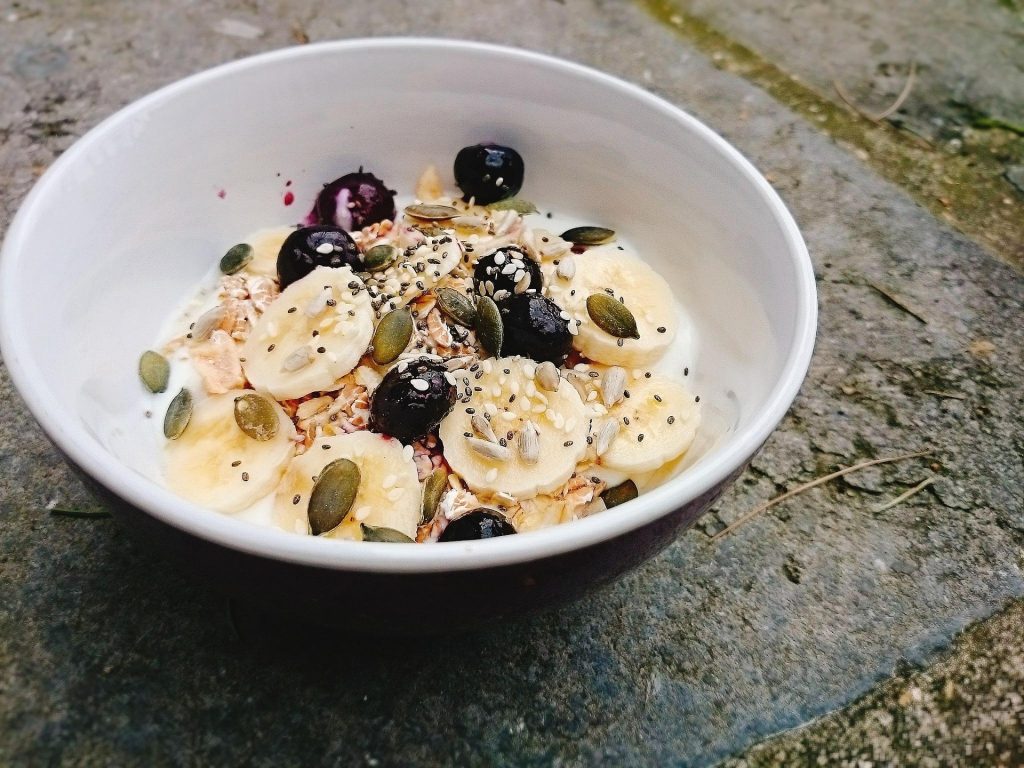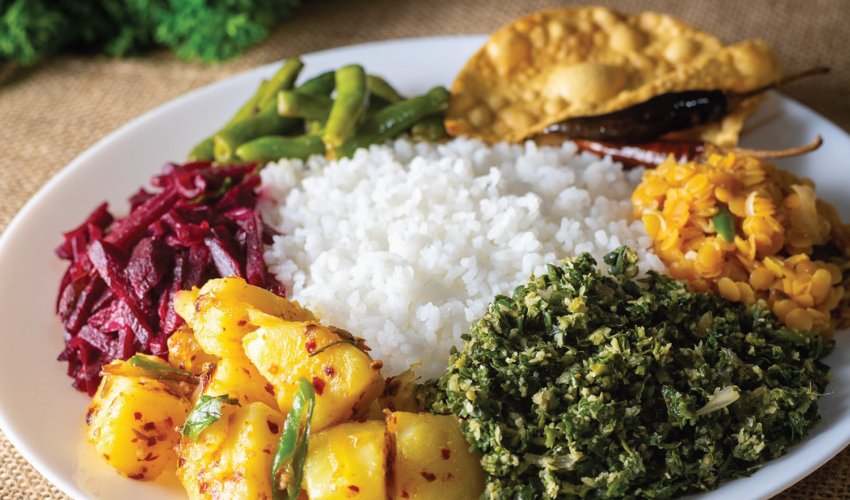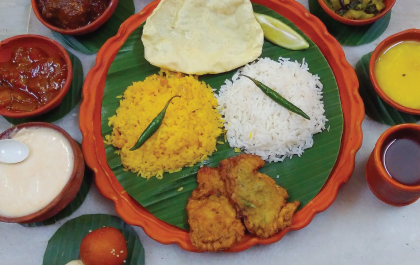Healthy eating with local and affordable ingredients
By Ayman Anika
In a world where social media often defines healthy eating as imported quinoa salads and overpriced smoothie bowls, it’s easy to assume that nutrition comes with a heavy price tag. But in Bangladesh, the truth is far more hopeful – and delicious. From daal to seasonal fruits and from the humble egg to our beloved macher jhol, wholesome and affordable meals are already part of our culinary DNA.
“Eating nutritious meals on a budget is entirely possible, especially when you focus on locally sourced, affordable foods,” says Tapati Shaha, coordinator of Dietary and Patient Nutrition Service at Square Hospitals Ltd. On the occasion of World Health Day, let’s turn our gaze inward and rediscover the value of our local pantry – a goldmine of nutrients waiting to be reimagined.
What should every household stock?
According to Shaha, there are essential items every Bangladeshi household should keep stocked for healthy eating. These include rice, lentils, fish, eggs, seasonal vegetables and fruits, alongside whole grains, legumes, milk, and healthy oils like mustard oil. Together, these staples ensure a balanced diet across food groups.
Whole wheat flour, oats, and brown rice provide the complex carbohydrates our bodies need for long-lasting energy. For proteins, daal, chickpeas, and locally available fish like Rohu (Rui fish) or Katla are excellent choices. Seasonal greens such as kolmi shak and pui shak, along with fruits like bananas and guavas, deliver essential vitamins and fiber at minimal cost.
In Shaha’s words, “A balanced mix of grains, protein, vegetables, and healthy fats is not only feasible but practical when you rely on our locally available resources.”
The powerhouses you already know
Meat isn’t your only shot at protein. In fact, some of the most affordable foods in our markets are surprisingly rich in protein and other essential nutrients.
Eggs, for instance, are a nutritional powerhouse. “One large egg contains six grams of protein and helps reduce appetite, which can be especially useful for those managing their weight,” shares Shaha. Research shows that people who start their day with eggs tend to consume fewer calories throughout the day.
Lentils, meanwhile, are a plant-based hero. Half a cup provides about nine grams of protein. They’re easy to cook, pair well with rice, and are versatile enough for soups, curries, or even a spicy daal bhuna.
Other smart picks include yogurt (preferably plain and unsweetened), natural peanut butter (which adds seven grams of protein per two tablespoons), oats, pumpkin seeds, and milk. Each of these can be combined in creative ways – think oats soaked in milk and topped with banana and peanut butter – for a filling and nutrient-rich breakfast.
Three simple, affordable, and healthy meals
If you’re wondering what actual meals look like on this budget-friendly plan, Shaha recommends three everyday combinations that are both affordable and filling:

Photo Source: Pixabay
Rice with lentils (daal)
A classic Bangladeshi meal that delivers the perfect balance of carbs and plant-based protein. To elevate the nutritional value, add green chilies, onions, and seasonal vegetables to the lentils.
Fish with vegetables
Use local fish varieties like Taki or Mola, and pair them with affordable vegetables such as cabbage or spinach. This combination offers protein, omega-3s, fiber, and a burst of micronutrients.
Vegetable curry with rice
Made with whatever’s seasonal and cheap – from eggplants to beans – vegetable curry is a tasty and nourishing way to get your daily dose of vitamins. Pair with rice for a satisfying, complete meal.
These meals prove that you don’t need an elaborate recipe book to eat well – just fresh ingredients and a little bit of planning.
Foods that help your gut and beat the bloat
In a time when many of us suffer from digestive discomfort, bloating, or irregularity, food becomes medicine. Shaha suggests incorporating fiber-rich items such as fruits (especially oranges and bananas), vegetables, and whole grains to keep your digestive system on track.
Fermented foods like yogurt, rich in probiotics, can improve gut health. For those sensitive to dairy, papaya and pineapple are natural sources of digestive enzymes that ease protein breakdown. Ginger, peppermint, and chamomile teas are also excellent for calming the gut.
However, Shaha also advises caution: “Some high-fructose fruits like apples and mangoes, or fermentable carbs known as FODMAPs, can cause bloating in sensitive individuals. It’s important to listen to your body.”

Photo Source: Wonderval
Eating well without emptying your wallet
Nutrition, at its core, is not about expensive ingredients or imported supplements. It’s about balance, consistency, and making smart choices with what’s available around us. Bangladesh is rich in resources – our fish markets, vegetable bazaars, and corner stores already hold the key to our well-being.
By focusing on seasonal produce, traditional recipes, and locally sourced proteins, we not only nourish our bodies but support our communities and protect our heritage. As Shaha beautifully summarizes, “Eating healthy in Bangladesh doesn’t require a luxury budget – just a thoughtful approach and a little creativity.”
So, let’s celebrate our own cuisine, reconnect with our roots, and make health a joyful, everyday ritual – one home-cooked meal at a time.
Feature Image By Kavinda F













